
Marxist Politician Poised to Become Sri Lanka’s Next Leader Amid Economic Discontent
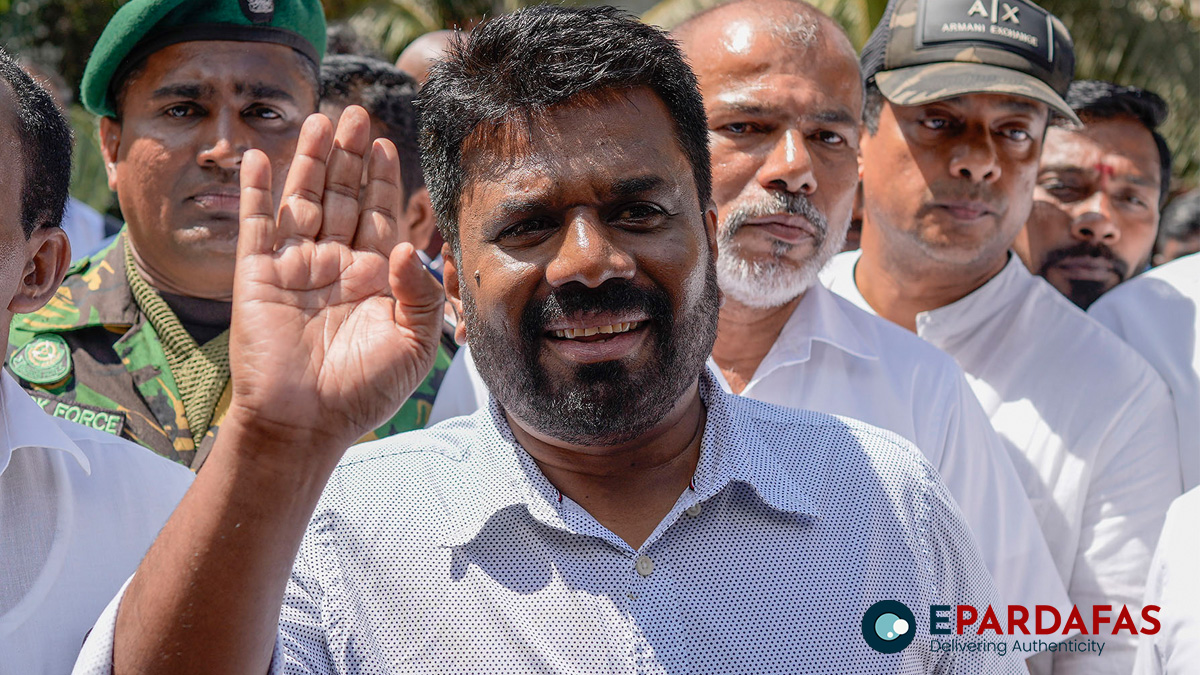
A previously fringe Marxist politician, Anura Kumara Dissanayaka, is on track to become Sri Lanka’s next president following a vote driven by public discontent over the government’s handling of an unprecedented financial crisis.
As of Sunday, early results from Saturday’s presidential election showed Dissanayaka securing 52 percent of the vote with over a million ballots counted, far ahead of his closest rivals. Opposition leader Sajith Premadasa was in second with 23.3 percent, while incumbent President Ranil Wickremesinghe trailed in third place with just 16 percent.
Although Wickremesinghe has yet to concede, Foreign Minister Ali Sabry acknowledged Dissanayaka’s apparent victory. “Though I heavily campaigned for President Ranil Wickremesinghe, the people of Sri Lanka have made their decision, and I fully respect their mandate for Anura Kumara Dissanayaka,” Sabry said on social media.
Rise of a Marxist Leader
Dissanayaka, 55, represents a once-marginal Marxist party that led two failed uprisings in the 1970s and 1980s, resulting in the deaths of more than 80,000 people. In the 2020 parliamentary elections, his party garnered less than four percent of the vote. However, Sri Lanka’s economic crisis has fueled a surge in support for his platform, which focuses on uprooting the island’s “corrupt” political culture.
“Our country needs a new political culture,” Dissanayaka said after casting his ballot on Saturday. His campaign resonated with voters disillusioned by the status quo, promising to renegotiate the terms of the IMF bailout secured by Wickremesinghe and address the widespread hardship caused by austerity measures.
Economic Struggles Shape the Election
The financial collapse of 2022 left Sri Lanka in dire straits, leading to shortages of food, fuel, and medicine. Wickremesinghe, who took office at the height of the crisis, implemented tough austerity measures as part of a $2.9 billion International Monetary Fund (IMF) bailout. These policies stabilized the economy but left millions of Sri Lankans struggling to survive.
During the eight-week campaign, economic issues dominated discussions, with widespread public anger over the hardships endured in the wake of the crisis. The poverty rate in Sri Lanka doubled between 2021 and 2022, pushing more than 2.5 million people into poverty.
Dissanayaka’s pledge to renegotiate the IMF deal found significant support, particularly among those who felt the government’s austerity measures had done more harm than good.
Tense but Peaceful Election
Saturday’s vote saw a high turnout, with 76 percent of Sri Lanka’s 17.1 million eligible voters casting their ballots. Thousands of police were deployed to ensure the election proceeded peacefully, and a curfew was imposed after polls closed, which was extended until midday Sunday. Despite these precautions, no violence was reported during or after the voting.
As the country awaits the official final result, no victory rallies or celebrations will be allowed until a week after the announcement, as per government regulations.
Dissanayaka’s rise signals a shift in Sri Lanka’s political landscape, as voters seek alternatives to traditional leaders in the wake of an economic crisis that has reshaped the nation.

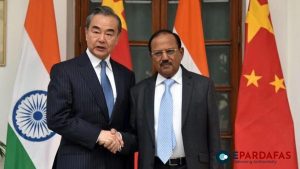
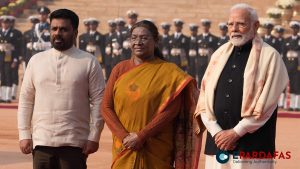
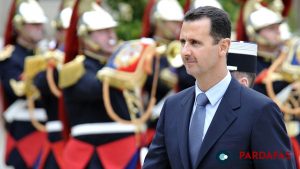
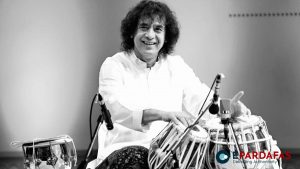

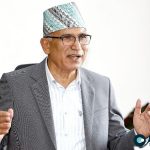



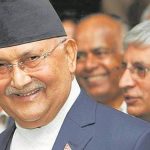

Comments